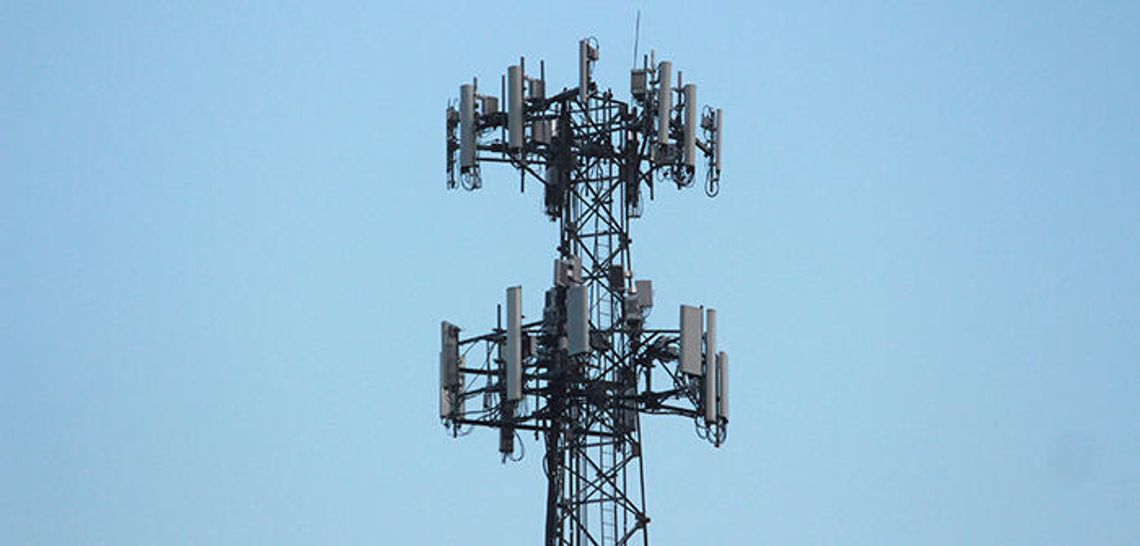A new state law is forcing municipalities to enact ordinances regulating cellular companies use of public right-of-ways to install network nodes.
During a special called Aug. 29 meeting, the Buda City Council unanimously voted to restrict network nodes from certain public area right-of-ways, such as the Historic and Design districts in the city.
John Nett, Buda city engineer, said network nodes look like a small grey box, or node, affixed to a pole or another existing structure, such as a light pole or a building. The node works much like a city’s automated meter reading and allows cell phone companies to communicate with each other.
The ordinance was in direct response to Senate Bill 1004, authored by State Sen. Kelly Hancock (R-Dallas) during the regular legislative session. Texas Gov. Greg Abbott signed SB 1004 in June; the law officially went into effect Sept. 1.
“(SB 1004) would have been better as localized bills for outlying areas, instead of a blanket approach which causes aesthetic pollution in well connected urban areas.”
Todd Ruge, Buda mayor
Buda Mayor Todd Ruge said the law allows cellular companies to install these network nodes along new or existing city infrastructure, regardless of whether a city has passed an ordinance governing them.
Buda’s ordinance gives the city more control over certain areas. The ordinance was passed two days before the law went into effect, allowing it to be grandfathered in.
“They can’t put them on decorative light poles,” Ruge said. “They have to pass engineering standards, but if they do, then we have to let them do it.”
Nett said the law was designed to promote the rollout of 5G-cell phone service. It would allow cellular users to access their home thermostat or sprinkler system from their mobile devices via the broadband network.
Had the city council not passed the ordinance, cellular providers could put the network nodes up anywhere they wanted without regard to historic or residential districts, Ruge said.
He added that many cities in Texas are already suing the state, claiming the new law is unconstitutional by allowing private, for-profit entities to make money off of public land.
Ruge said he understands why the law is needed, claiming that rural areas with limited network connections present an issue to cell users connectivity. However, Ruge said it’s an unneeded measure in urban Buda.
“It (SB 1004) would have been better as localized bills for outlying areas, instead of a blanket approach which causes aesthetic pollution in well connected urban areas,” Ruge said.
Ruge said the city of Kyle passed its ordinance restricting cellular companies, using the new law to spread network nodes to all corners of the map a week before Buda did.
Many cities are fighting the new law and subsequent city ordinances because it is costing them money in attorney hours to compose ordinance wording, Ruge said.
Buda residents could start seeing companies installing the network nodes by the end of September.











